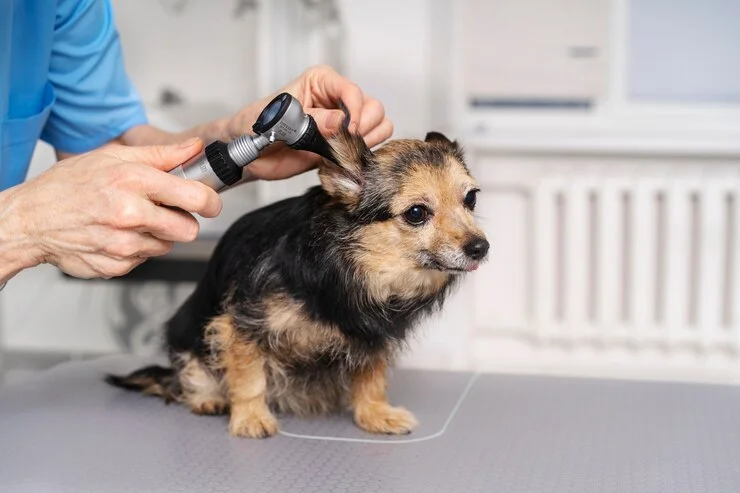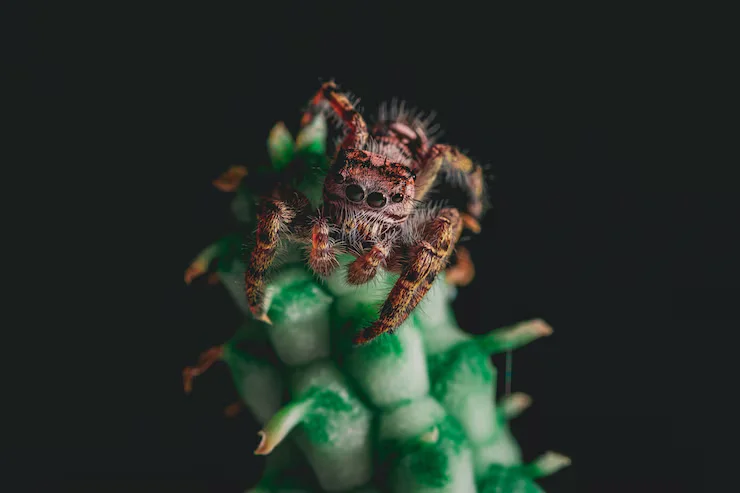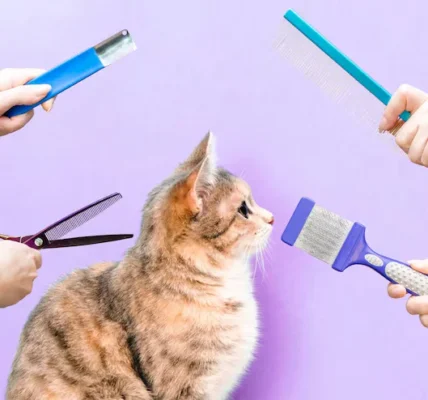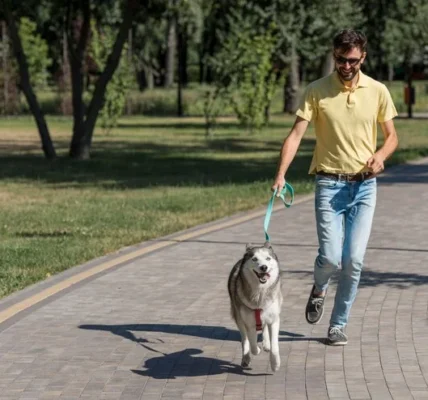Pets are the charm of every home. Their health comes first. Every pet needs care. If the health is weak, the mood also deteriorates. Pet Illnesses has different symptoms. If you’re smart, you’ll catch it in time. Every disease can be cured with the guidance of a doctor. All food must be safe and clean. Each habit should be monitored daily for changes. This article covers common pet problems in detail. Each point is simple and useful. If you follow it carefully, your pet will live a healthy, happy and long life.
Fleas and Ticks
These insects are the most annoying. Every skin of the body is their target. Itching makes the pet uncomfortable. They attack in all weathers. They grow faster in warmer areas. If not kept clean, the pet becomes infected. Checking is essential during each grooming session. It is better to get a spray or shampoo from the doctor. Helps to clean every area. The collar also provides protection. Brush the fur after every walk. It is easy to remove in the early stages. Anemia also occurs in the final stage.
Ear infection
- Causes and early symptoms
Every pet needs clean ears. Dampness often leads to yeast growth which causes pain and swelling. Odor or discharge from the ear is usually the first symptom. Pets may start shaking their heads frequently as an alert.

- Risk factors and outcomes
Pets with floppy ears are more likely to suffer from infections. If the issue is overlooked, it may go unheard. In such cases, a veterinarian must perform an exhaustive ear cleaning to evacuate any built-up wax or disease.
- Preventive and routine maintenance
Weekly ear cleaning is essential. Use only doctor-approved drops. Avoid getting water in the ears while bathing. Always dry ears thoroughly. Consistent housekeeping helps prevent serious infections and keeps your pet comfortable.
Insect attack
Worms mostly target the stomach or intestines. Any pet can be infected. If the stool becomes soft, a test should be done. If the weight is reduced, it is doubtful. Insects suck blood. Deworming every month is essential. The doctor gives pills. Raw food should be avoided. Worms also come from fleas. If the pet scratches, check a bit. Vomiting or white spots are also a warning. The stool test should be repeated. Every worm is different. Timely action is the best choice.

Cough or flu
Pets can also get colds. The virus remains active in all seasons. If breathing is slow or fast, consult a doctor. Fever is a common symptom. If the cough is deep, check the lungs. A doctor may suggest steam therapy. A warm place makes pets comfortable. Keep wet skin dry. Choose a dust-free area. Food should be light and fresh. Every infection is contagious. Pets need rest. If energy is low, consult a doctor.
Itchy skin
Pets react mostly through the skin. Every race is sensitive. Allergies or infections spread quickly. Red spots and bruises are signs. Hair loss may also occur. The doctor may prescribe a lotion or cream. All food allergies should be tested. Shampoo should be mild. The room should not be humid. Sunlight is also helpful. A doctor diagnoses with a patch test. Don’t scratch all the time. Use gloves when applying lotion. Every product must be safe. Skin care should be a part of your daily routine.
UTI and Bladder
Urinary problems are common in pets. Frequent urination or blood in the urine increases alertness. Be suspicious if a pet cries while urinating. The doctor finds the problem through a urine test. Every generation is at risk. More watering helps. The amount of protein in the diet should not be high. The doctor recommends a low-dose diet plan. There should be a bowl of clean water. You will be notified if the pet avoids the toilet. Bladder stones can also form. The cause of every fever should be ascertained. It is important to follow a routine.
Vomiting or diarrhea
Strain must be present if there is sudden vomiting or loose stools. All food must be safe. If the pet eats something different, it can cause problems. The doctor may give electrolytes. There is a risk of dehydration. Dehydration occurs rapidly. Consider the color of each stool. If there is blood, take it to a doctor. Stop feeding until the pet is calm. Every pet needs rest. If the vomitus is yellow, a liver test is necessary. Doctor prescribed probiotics. Observe each sign.
Dental problem
The toothache worsens rapidly. Refusal to smell or eat is a symptom. Doubt if the pet does not chew. The doctor examines the mouth. Brushing should be done every week. There should be a separate brush for pets. Use doctor toothpaste. Avoid bones in food. Do not use harsh treatments. Bleeding gums or tartar is smart. The doctor does a deep cleaning. Every infection damages the gums. Turns off pet mode. Early care is a simple remedy.
Risk of obesity
If the pet is sluggish, check its weight. Overeating increases fat. The doctor can make a weight chart. Walks and playtime are important. Food should be controlled. Each meal should be in portions. Stay away from sugary and salty foods. The doctor plans a calorie count. Routine testing is essential. Exercise improves mood. Obesity can cause heart or joint problems. A fit body keeps pets active.
Behavioral change
If the pet becomes angry or becomes very sluggish, this may be a warning. Pain or fear can change mood. Refusal to move or unusual silence can also be a clue. Every reaction has a meaning. Mental health is also important. A pet-friendly environment and vet help make you feel at ease. Sedatives are sometimes helpful.

Important signs to watch for:
- Sudden aggression or lethargy.
- Avoiding walking or normal activities
- Excessive barking or silence.
- Fearful or withdrawn behavior
- Lack of response to commands
- Seeking or hiding from solitude
- Loss of appetite or interest
.Conclusion
There is a solution to every disease. If you react in time, the pet is safe. The role of the doctor is the strongest. Every visit improves a pet’s life. Food, clean water, and a safe environment are all important. A checkup every month is useful. It is better to get vaccinated on time. Get a prescription from a doctor. Monitor every activity. The pet is up to you. Her smile is the result of your care.




























